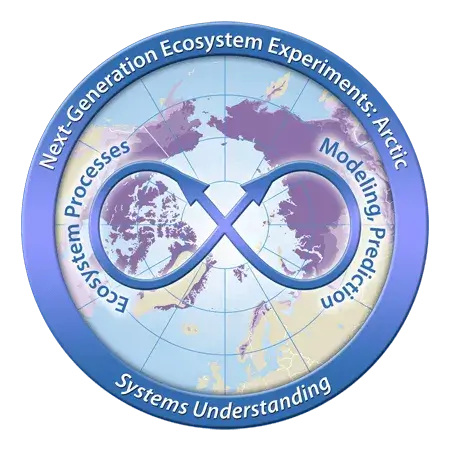Land cover classification in multispectral imagery using clustering of sparse approximations over learned feature dictionaries
| Abstract |
We present results from an ongoing effort to extend neuromimetic machine vision algorithms to multispectral data using adaptive signal processing combined with compressive sensing and machine learning techniques. Our goal is to develop a robust classification methodology that will allow for automated discretization of the landscape into distinct units based on attributes such as vegetation, surface hydrological properties, and topographic/geomorphic characteristics. We use a Hebbian learning rule to build spectral-textural dictionaries that are tailored for classification. We learn our dictionaries from millions of overlapping multispectral image patches and then use a pursuit search to generate classification features. Land cover labels are automatically generated using unsupervised clustering of sparse approximations (CoSA). We demonstrate our method on multispectral WorldView-2 data from a coastal plain ecosystem in Barrow, Alaska. We explore learning from both raw multispectral imagery and normalized band difference indices. We explore a quantitative metric to evaluate the spectral properties of the clusters in order to potentially aid in assigning land cover categories to the cluster labels. Our results suggest CoSA is a promising approach to unsupervised land cover classification in high-resolution satellite imagery. |
Journal Article
|
|
| Year of Publication |
2014
|
| Author | |
| Journal |
Journal of Applied Remote Sensing
|
| Volume |
8
|
| Issue |
1
|
| Number of Pages |
084793
|
| Date Published |
Jan-01-2014
|
| DOI |
10.1117/1.JRS.8.084793
|
| ISSN Number |
1931-3195
|
| URL |
http://remotesensing.spiedigitallibrary.org/article.aspx?doi=10.1117/1.JRS.8.084793
|
| Short Title |
J. Appl. Remote Sens
|
| Download citation |

